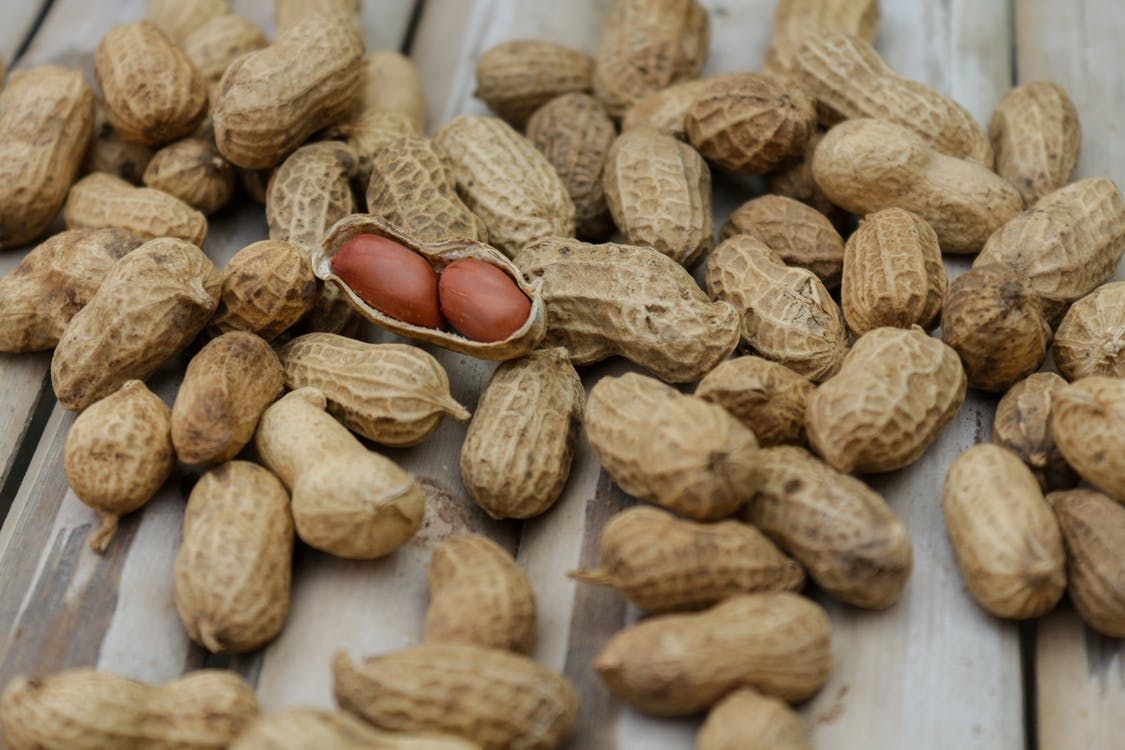When it comes to food-related deaths in the United States, peanut allergy is the leading cause. Unfortunately, it is also one of the most common allergies in the country, and children are at a higher risk.
Many schools and child care centers have banned products that contain any traces of peanuts. Some food manufactures even tweaked their recipes so they can be nut-free, and those that aren't able to do so added warning labels to their packaging.
For decades, researchers have been carrying out studies in hopes that they could come up with a cure or treatment plan that can help those who are currently suffering from the allergy and even prevent future cases.

Last year, experts found that if a child is introduced to peanuts starting at four months old, there's a "moderate certainty" that the risk of developing a peanut allergy can be reduced. This conclusion was reached after looking at the results of more than 140 studies.
Now, a pharmaceutical company called Aimmune Therapeutics has been given the green light to develop a new treatment drug that could finally end the peanut allergy epidemic.
The U.S. company's clinical trial has passed the FDA requirements after the results of its late-stage clinical study proved that their product is effective. Aimmune is now preparing to file for approval of their drug in the U.S. by the end of 2018.
Of course, we're all curious about how this new treatment will work, and luckily, Aimmune has made the details of the drug public.
After DBV Technologies's stick-on patch failed to work on individuals with peanut allergies, Aimmune's clinical win is fantastic news for the millions of Americans who have the deadly allergy.
According to Aimmune's report, they administered the new drug, AR101, to 554 patients with severe peanut allergies. At the end of the trial, 417 or 67 percent of participants between the ages of four and 17 were able to tolerate a 600-milligram dose of peanut protein, compared to four percent of patients who were on placebo.
Prior to the study, these patients weren't even able to eat 10 percent of a single peanut, but now they're able to ingest approximately two peanuts without reactions, which is a significant difference.
Patients who pursue the AR101 treatment will be exposed to small doses of peanut protein by adding it to their food daily, and over time, they will become desensitized to it.

"These patients are constantly walking in a minefield, a bomb could go off anytime that could end their life," allergist Dr. Purvi Parikh of the Allergy and Asthma Network told Reuters. "Many are already asking for it... and are very, very desperate for this to come out."
Unfortunately, there is still going to be a bit of a wait before the public will have access to this drug. According to CNBC, there's a high chance the FDS will place some restrictions on the drug, but the sales are expected to be high because so many will benefit from it.
Although AR101 may not solve the peanut allergy epidemic on its own, when you consider that peanut allergies currently have no cure or approved treatment plan, this new drug could at least bring peace of mind to millions of Americans, especially parents of the nearly two million minors who have this allergy. Even if it doesn't cure the condition, it can at least reduce its severity, and allow us all to enjoy peanut butter cookies and PB&J sandwiches without worrying about harming a fellow human.
Do you or anyone you know have peanut allergies? Would you try this new drug?

